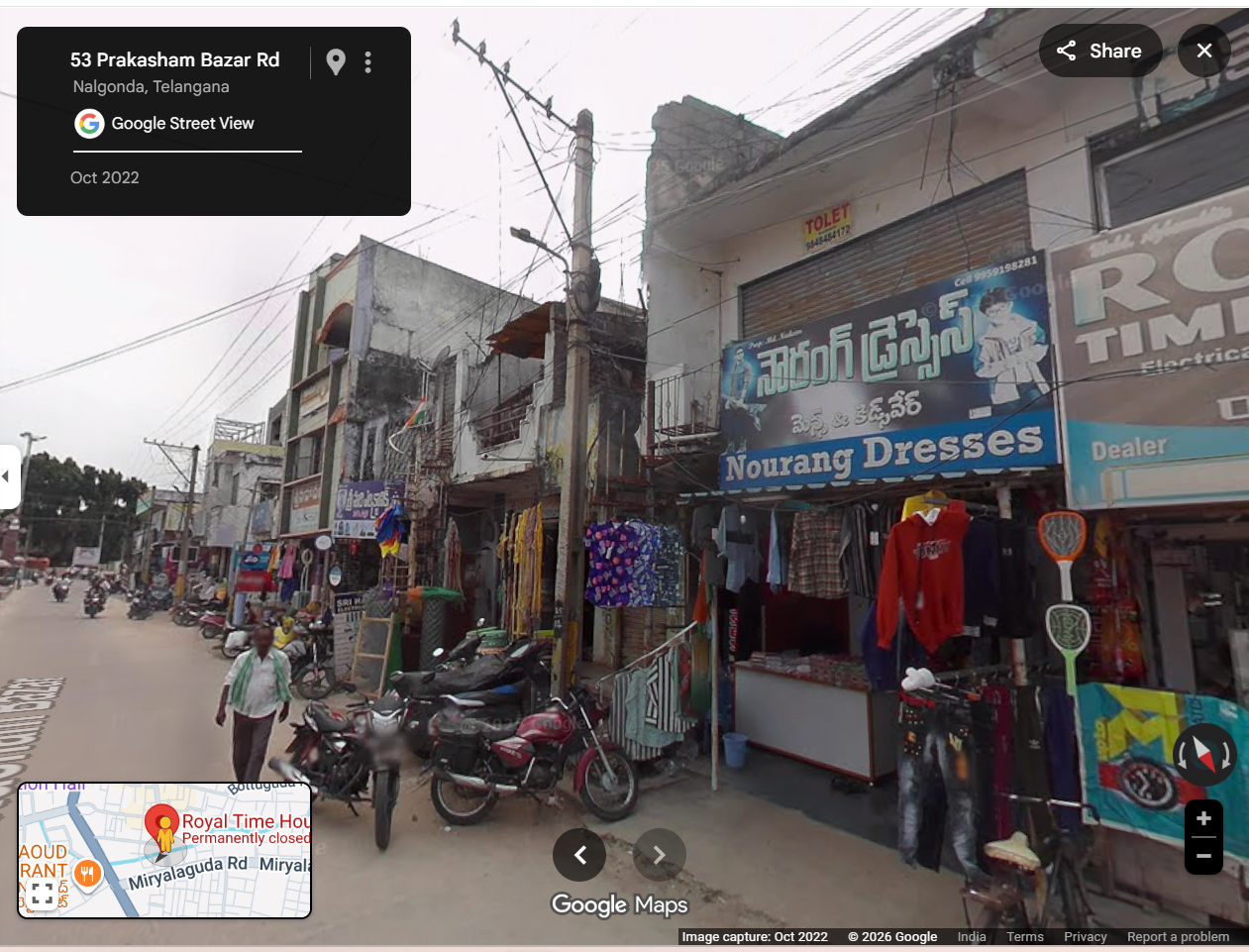Are Big Tech Companies Under Siege From Regulators?
Introduction
Monopolies in any sector can have a great impact on economic efficiency and, by extension, on the market and the larger economy. Data monopolies hurt both small startups and large, established companies, and it is typically the biggest corporate players who have the biggest data advantage. Google has recently lost a major antitrust case filed by the U.S. Department of Justice, which focused on the company's search engine dominance and expensive partnerships to promote its products. The lawsuit accused Google of using its dominant position in the search engine market to maintain a monopoly. The case has had a significant impact on consumers and the tech industry as a whole. This dominance allowed Google to raise prices on advertisers without consequences, and delay innovations and privacy features that consumers want when they search online.
Antitrust Allegations Against Google in the US and EU
In the case filed by the US Department of Justice, US District Judge Amit Mehta ruled that Google was monopolistic. In the 10-week-long trial, Google lost the major antitrust lawsuit, and it was established that the tech giant had a monopoly in the web search and advertising sectors. The lawsuit accused Google of using its dominant position in the search engine market to elbow out rivals and maintain a monopoly. The tech giant’s exclusive deals with handset makers were brought before the court as evidence. Additionally, the European Commission has fined Google €1.49 billion for breaching EU antitrust rules in 2019.
The Impact of Big Tech Monopolies on the Digital Ecosystem and Beyond
- Big-tech companies collect vast amounts of personal data, raising concerns about how this data is used and protected. The concentration of data in the hands of a few companies can lead to privacy breaches and misuse of personal information.
- The dominance of a few tech giants in digital advertising markets can stifle competition, leading to higher prices for advertisers and fewer choices for consumers. This concentration also allows these companies to exert major control over what ads are shown and to whom.
- Big-tech platforms have substantial power over the dissemination of information. Their algorithms and policies on content moderation can influence public discourse and may spread misinformation. The lack of competition means fewer alternatives are accessible for users seeking different content moderation policies. In 2021 Google paid $26.3 billion to ensure its search engine is the default on smartphones and browsers and to keep control of its dominant market share.
Regulatory Mechanisms in the Indian Context
In India, antitrust issues are governed by the Competition Act of 2002 and the Competition Commission of India (CCI) checks monopolistic practices. In 2022, the CCI imposed a penalty of Rs 1,337.76 crore on Google for abusing its dominant position in multiple markets for 'anti-competitive practices' in the Android mobile device ecosystem. The Draft Digital Competition Bill, 2024, has been proposed as a legislative reform to regulate a wide range of digital services, including online search engines, social networking platforms, video-sharing sites, interpersonal communication services, operating systems, web browsers, cloud services, advertising services, and online intermediation services. The bill aims to promote competition and fairness in the digital market by addressing anti-competitive practices and dominant position abuses in the digital business space.
Conclusion
Big-tech companies are increasingly under scrutiny from regulators due to concerns over their monopolistic practices, data privacy issues, and the immense influence on markets and public discourse. The U.S. Department of Justice's victory against Google and the European Commission's hefty fines are indicators of a global paradigm shift towards more aggressive regulation to foster competition and protect consumer interests. The combined efforts of regulators across different jurisdictions underscore the recognition that monopolistic practices by such big tech giants can stifle innovation, harm consumers’ interests, and create barriers for new entrants, thus necessitating strong legal frameworks to ensure fair and contestable markets. Overall, the increasing regulatory pressure signifies a pivotal moment for big-tech companies, as they face the challenge of adapting to a more tightly controlled environment where their market dominance and business practices are under intense examination.
References
- https://www.livemint.com/technology/tech-news/googles-future-siege-u-s-court-explores-breaking-up-company-after-landmark-ruling-11723648047735.html
- https://www.thehindu.com/sci-tech/technology/what-is-the-google-monopoly-antitrust-case-and-how-does-it-affect-consumers/article68495551.ece
- https://indianexpress.com/article/business/google-has-an-illegal-monopoly-on-search-us-judge-finds-9497318/









